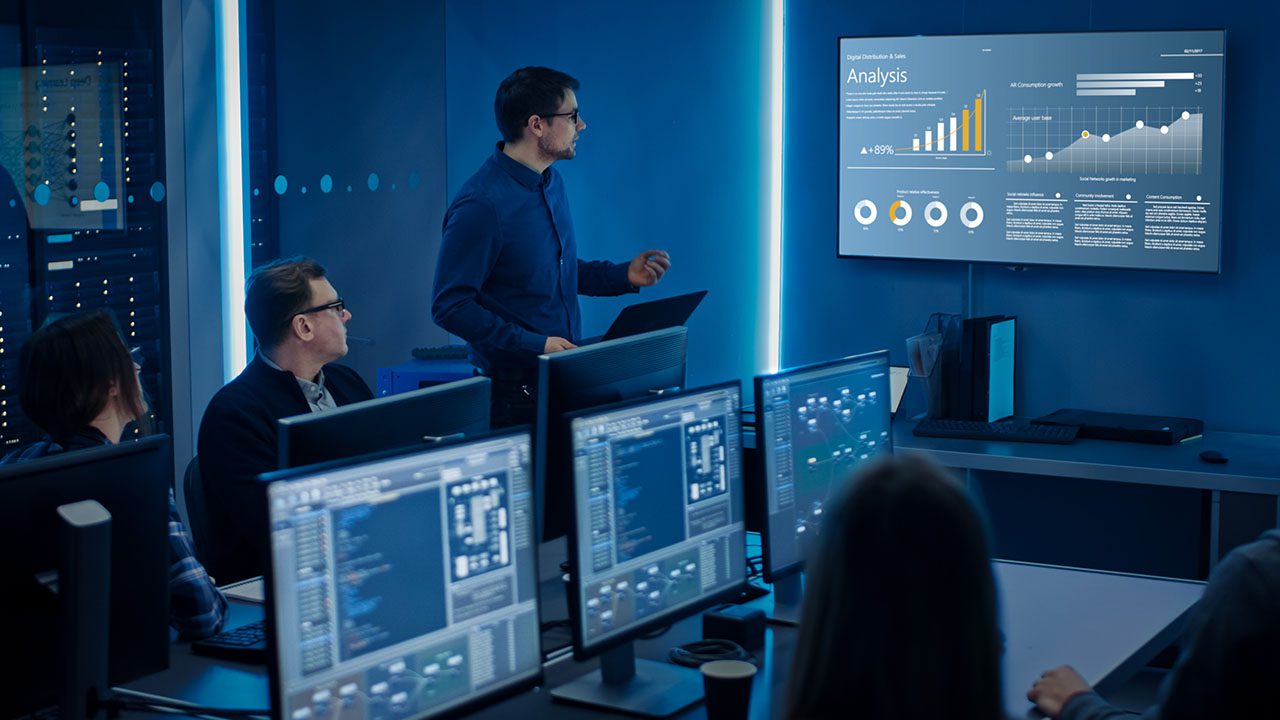
Red Hat has recently announced the general availability of Enterprise Linux 9.2 and the upcoming release of Red Hat Enterprise Linux 8.8. The latest release brings new features to streamline complex Linux platform tasks across hybrid cloud environments.
“The latest versions of the world’s leading enterprise Linux platform bring greater automation to help IT teams extend their reach across the hybrid cloud while at the same time making it easier to embrace innovation, whether containers or new hardware architectures,” said Gunnar Hellekson, VP and GM of Red Hat Enterprise Linux.
Red Hat has introduced a new realmd RHEL system role that should make it easier for IT admins to manage security and compliance within their organizations. It allows administrators to automate the integration of RHEL systems with Azure Active Directory (Azure AD). Moreover, Red Hat Enterprise Linux (RHEL) 9.2 adds support for Ansible DevOps content to improve system checks following the guidelines established by the Center for Internet Security (CIS).
The RHEL web console lets IT admins automatically configure encrypted disk unlocking on root filesystems with Network-Bound Disk Encryption (NBDE) deployments. This capability should make it easier for organizations to protect sensitive data and information at rest.
The new Linux distros include support for the latest languages, toolkits, and databases for software developers. The includes PostgreSQL 15, Performance Co-Pilot (PCP), Python 3.11, as well as Grafana version 9.0.9. There are also updates to LLVM Toolset v15.0.7, Go v1.19.6, and Rust v1.66.
Red Hat has also introduced a new open-source tool called Podman that lets IT Pros develop, manage and run containers on Linux platforms. The feature provides support for custom container health checks and facilitates the monitoring of container creation events.
Latest Red Hat Enterprise Linux releases add new lifecycle management options
Lastly, Red Hat has announced two new lifecycle management options for supported enterprise Linux. The Enhanced Extended Update Support provides software updates for up to four years for customers running RHEL 9.x and later. The RHEL 7 Extended Lifecycle Support (ELS) is available for RHEL 7.9, and it offers continued support after the conclusion of the 10-year RHEL 7 lifecycle.
Red Hat notes that organizations with existing subscriptions can head over to the Red Hat Customer Portal to download Red Hat Enterprise Linux 9.2. If you’re interested, we invite you to check out the release notes to learn more about these updates.


